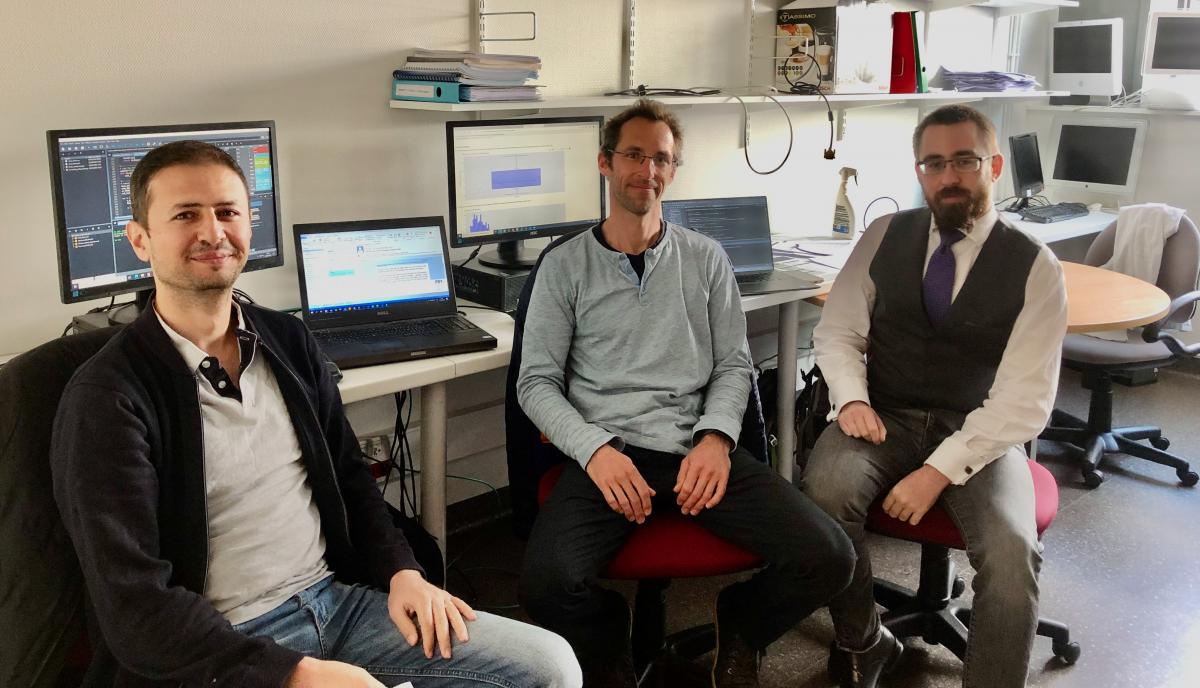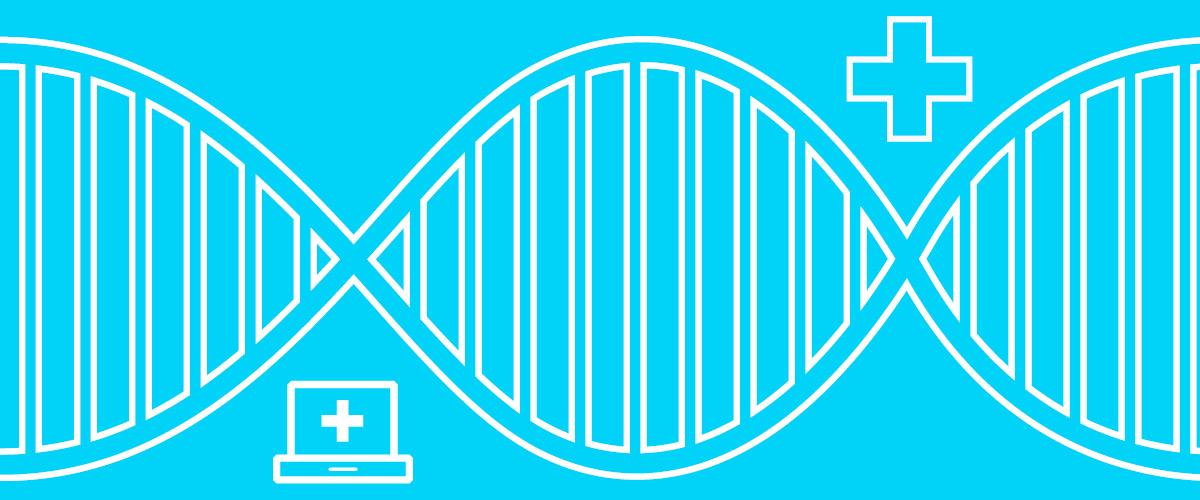To facilitate the diagnosis of genetic diseases, b<>com has been working with the University Hospital of Rennes, Orange and the University of Rennes I on an Automatic Natural Language Processing solution.
The pooling of the skills of experts
In France, nearly 3 million people are affected by genetic diseases, most often rare diseases, and almost always orphan diseases, because they have no treatment.
To facilitate their diagnosis, b<>com has been working for two years in partnership with the University Hospital of Rennes, Orange, and the University of Rennes I on an automatic Natural Language Processing (NPL) solution. "Advances in automatic natural language processing are extremely promising in the healthcare field, especially for extracting knowledge upstream of biomedical analysis chains," explains Thomas Labbé, Data Scientist at Orange.
The strength of this collaboration within b<>com lies in the pooling of the skills of experts in medicine, genomics, artificial intelligence in health care, and ontology from the four project partners. "The cross-fertilization of skills is the key to this project. It is a real asset to be able to combine the knowledge of people from the worlds of teaching, research, and industry", adds Prof. Marie de Tayrac from the University of Rennes I and the University Hospital of Rennes.
An algorithm to facilitate the diagnosis of genetic diseases
The objective of this partnership is to develop an automatic parsing engine for extracting standard human phenotypes (HPO terms) from clinical medical reports, written by genetic physicians. The aim is to combine them with the results of next-generation sequencing (NGS) to identify the genetic variants that cause certain diseases. "Today, there are more than 5,000 rare diseases and we only have a phenotype-genotype association for half of them. In addition, only 100 new matches are identified each year," adds Dr. Paul Rollier from the University Hospital of Rennes.

From left to right: Majd SALEH, research engineer at b<>com, Thomas LABEE, data scientist at Orange and Paul ROLLIER, Doctor at University Hospital of Rennes.
The automatic Natural Language Processing solution, trained on tens of thousands of medical reports, uses these correlations to establish phenotypic signatures and associated statistical data. The use of the technology will improve the relevance of clinical-molecular interpretations and help medical geneticists care for people with rare diseases. The objective, in the long run, is to improve the diagnostic rate. "Our solution aims to systematically exploit data from clinical genetics consultations and facilitate large-scale processing of this data using artificial intelligence,” explains Stéphane Paquelet, Head of b<>com's Artificial Intelligence Lab.
To facilitate data collection, an open source tool called ACUITEE has been developed and is being deployed in the University Hospitals of the Grand Ouest (HUGO).
In addition to its use in genomic medicine, the solution developed could be used for other applications. “We can very well imagine transposing the algorithm into the urban planning sector, such as to examine building permits, while ensuring the social acceptability of such a technology,” concludes Stéphane Paquelet.



